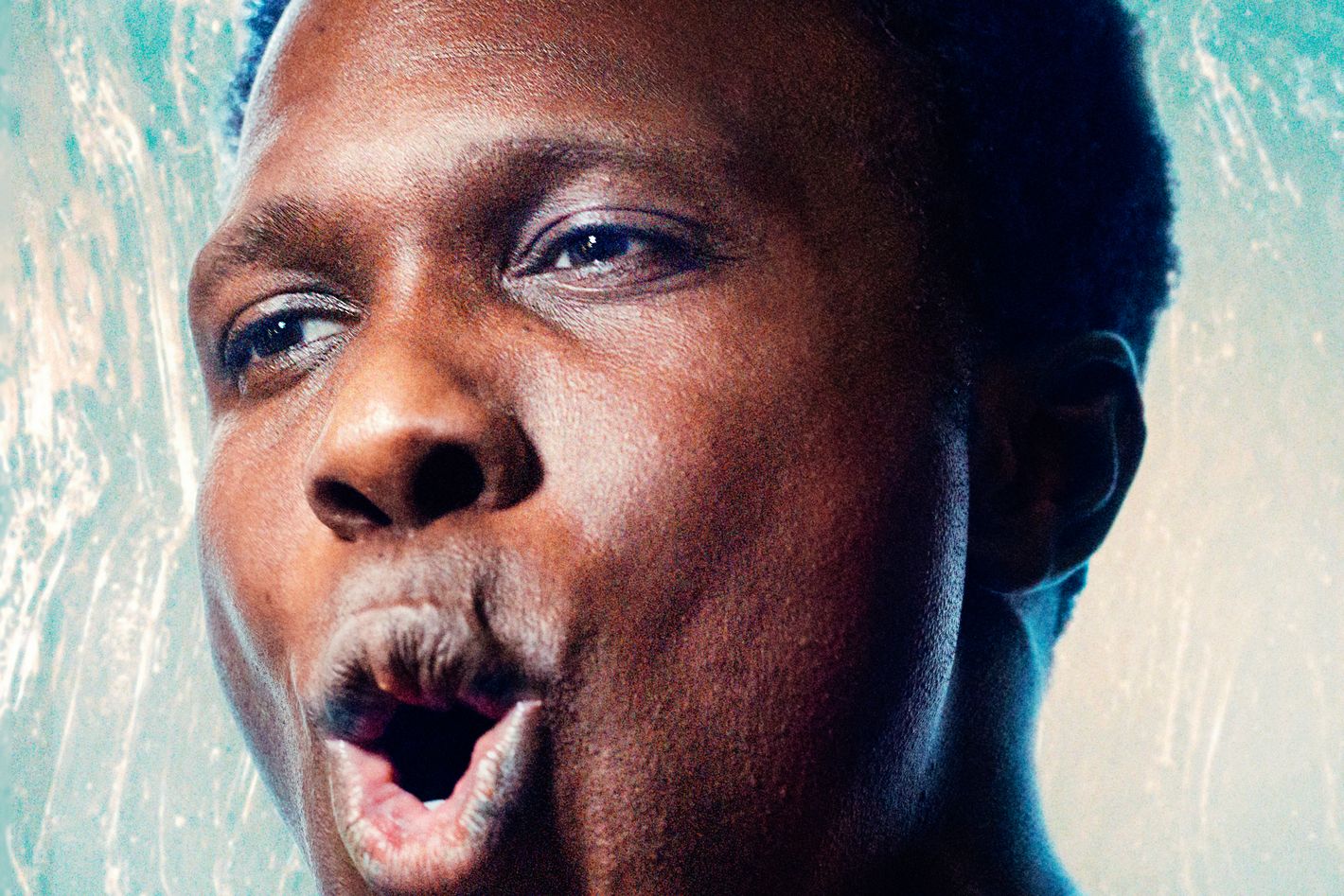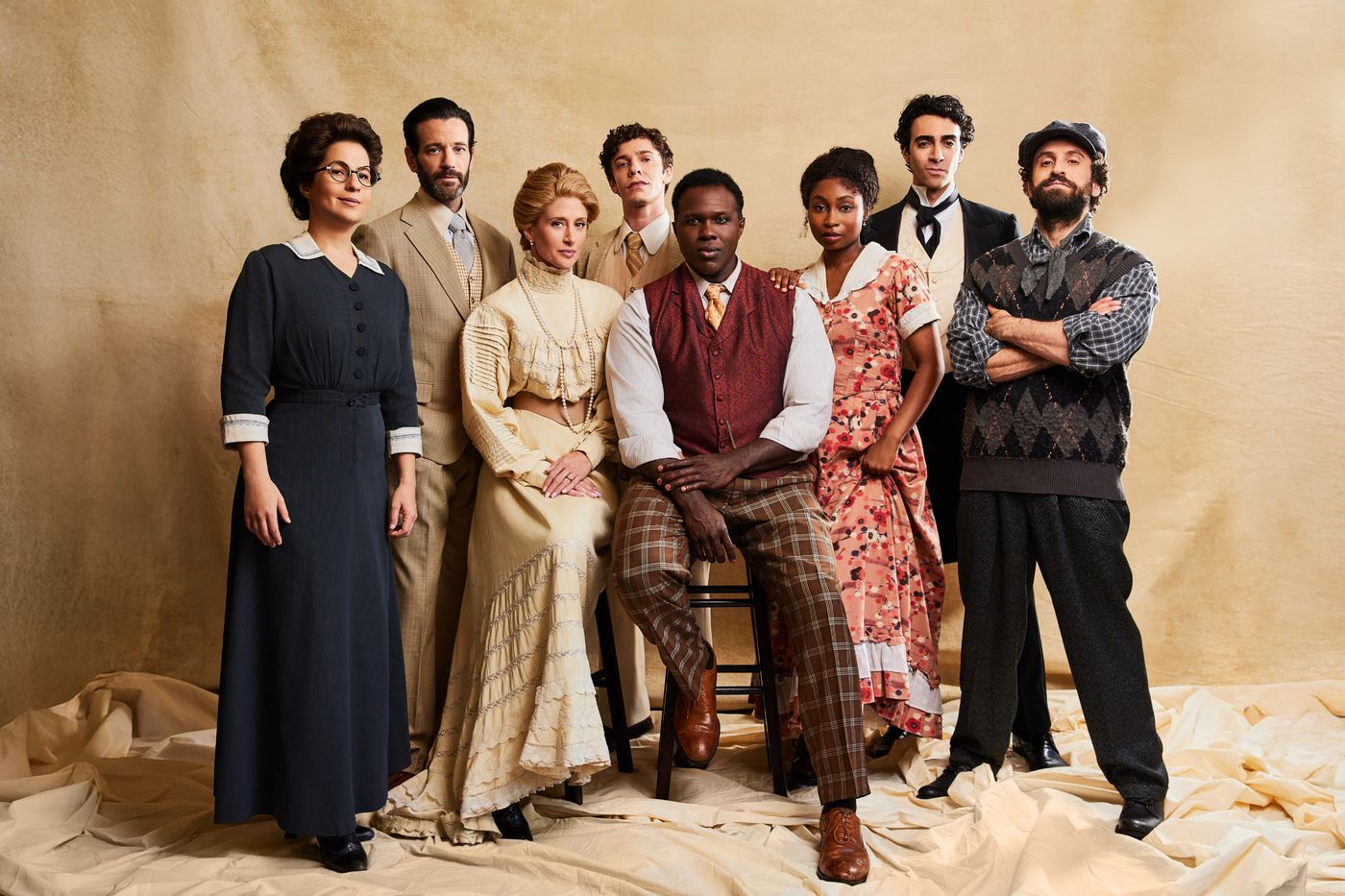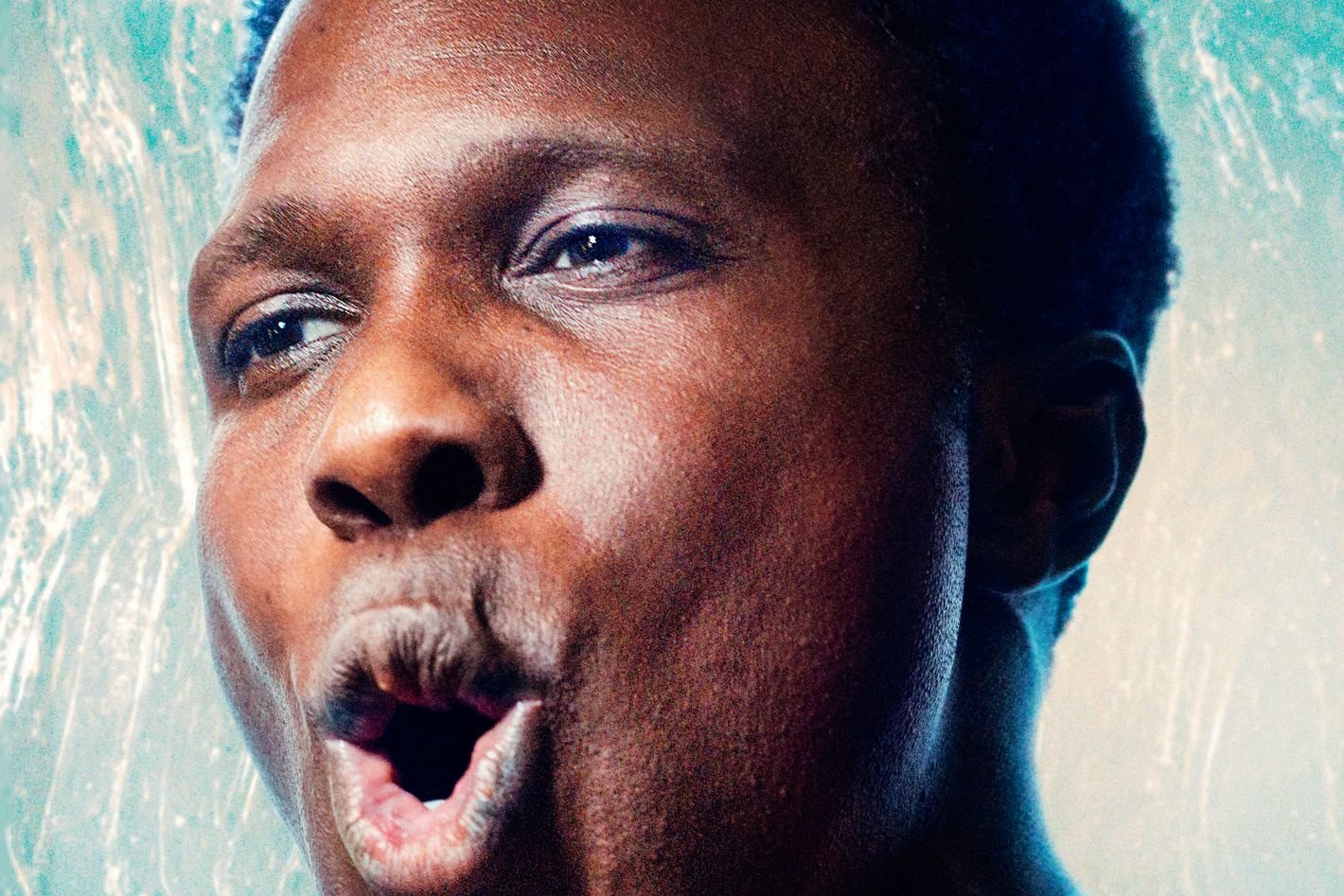
Joshua Henry is a vocal powerhouse. The 41-year-old earned Tony nominations for his roles in 2010’s The Scottsboro Boys and the 2018 Carousel revival. (“He’s an extraordinary Billy, hulking and hurting, unafraid of delving into the character’s ugliness and tackling his moody songs with both force and grace,” our critic Sara Holdren wrote about the latter part.) Now, Henry’s playing another down-on-his-luck turn-of-the-century character, Coalhouse Walker Jr., in the Ragtime revival directed by Lincoln Center Theater’s new artistic director Lear deBessonet. Coalhouse, an optimistic piano player, is put through a Job-like list of trials over the course of the show, culminating in his 11 o’clock number, “Make Them Hear You.” The part’s vocal range goes from a low G to a high A2. “It’s one of the rangiest roles I’ve ever done,” Henry says.
Start the day in a higher register.
Given the show’s late nights, Henry makes it a priority to wake around 6:30 each morning so he has time to see his children before they go to school. He’s got a 7-year-old and twin 4-year-olds, and while most performers live like monks in their off-hours to rest their vocals, Henry’s brood makes that impossible. “I have to save some voice for my kids,” he says. “So in the mornings, I’m like, This is part of my vocal load.” While he chats with them, “I try to keep it high and light” to preserve his voice, he says. “I sound like I had a bit of helium.”
Hit the StairMaster.
Henry’s operative term is plyometrics, referring to short bursts of exercise that build agility. For Henry, plyometrics “remind me to keep my core and my diaphragm intact even though my heart rate may be very high.” While he works out on the StairMaster, Henry forms vowels that he’ll sing in the show so his body is used to making those motions in high-intensity situations. “Unpredictable things happen onstage. A light might go out; audience members might move; my scene partner might do something different,” he explains. “The more I have those sensations memorized under physical stress, the easier it is to pull them out.”

Practice vocal scales.
Typically, Henry likes to arrive at the theater at least an hour before shows to get his voice ready. He begins with a basic vocal warm-up. First, he runs through his entire range, making an ah sound on fifths (meaning he starts on a C, then goes to a G, then goes back down to a D, then up to an A, and on up). Second, he does the same thing in octaves while strumming his guitar and continuing to do plyometric moves. “I rarely ever practice notes standing still,” he says. “I’m like a tornado, moving around on one leg, swinging my arms, keeping my core intact. You put yourself through the wringer physically so that on the day, it doesn’t feel wild.”
Tweak pronunciation.
Creating his vocal characterization of Coalhouse was a meticulous process. “When I was going through this score, there could be nothing brassy,” he says. Henry pronounces “wheels” like wills when he sings “Wheels of a Dream.” “If Coalhouse goes to an E place, he sounds less commanding,” Henry explains. “The truth of the character goes hand in hand with the vocal choices; I know when I’m not in line with who he is based on the sound.”
Take deep breaths.
Henry’s musical showcase, “Make Them Hear You,” arrives at the end of the second act after a high-strung, difficult scene. “Although my body is tense, I’m making sure in that intro I take deep breaths,” he says. “The orchestra is holding, and I’m like, Y’all are going to hold until I get these deep breaths because I got to get everything ready.” He sings the first word, “go,” softly, starting small because he’ll eventually end the song at a “12,” he says. “This is like when Neo becomes the One in The Matrix. Everything is crystal clear. Every word has pure, rounded, tall vowels.” The song concludes with the phrase “I’ll be near you / Again,” and Henry holds the syllable gain for close to 30 seconds. The breath before that word is paramount. “It’s like I have to take in the breath of all my ancestors,” Henry says. “This is where all the plyometrics come in because I’m singularly focusing on my rib cage expanding outward for as long as I can hold it. Then I sing ‘I’ll be near you / Again,’ and I don’t want to let it go until I’ve gotten all the air out.” He convinced the conductor to let him hold the note longer than it’s typically done. “Usually an orchestra will rush through, trying to be mindful of getting to the end,” Henry says. “But I’m going longer because it’s the most important thing that he’s ever said in his life.”

